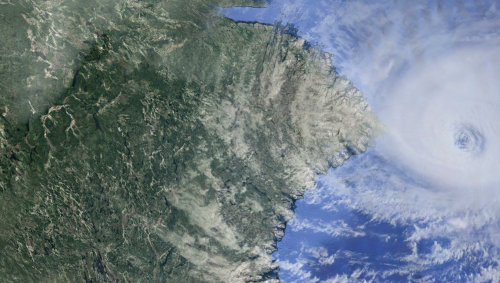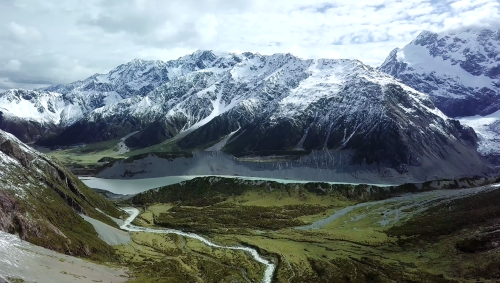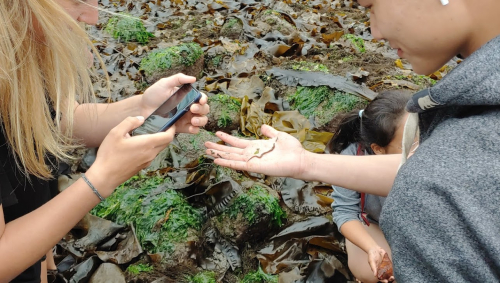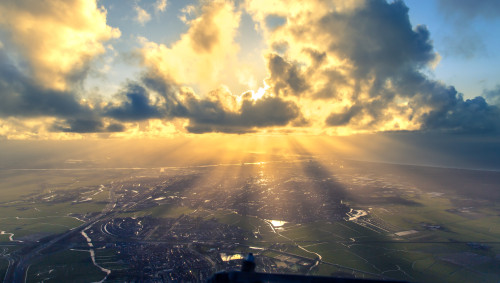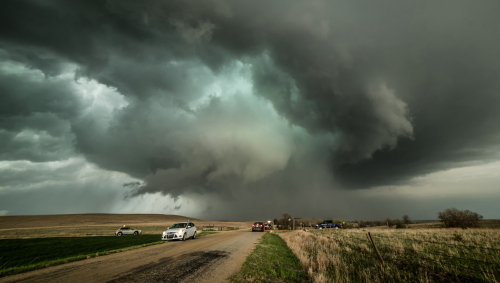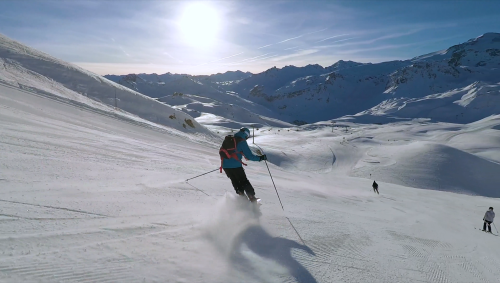In 2012, the department's name was changed to the Department of Earth, Ocean and Atmospheric Sciences (EOAS).
During its 25 years of operation, EOAS grew and thrived under Heads of Department: Robert Ellis (1996–2000), Paul Smith (2000 – 2009), Greg Dipple (2009 – 2014), Roger Beckie (2014 – 2019), Philippe Tortell (2019 – 2024), and Erik Eberhardt (2024 - present).
